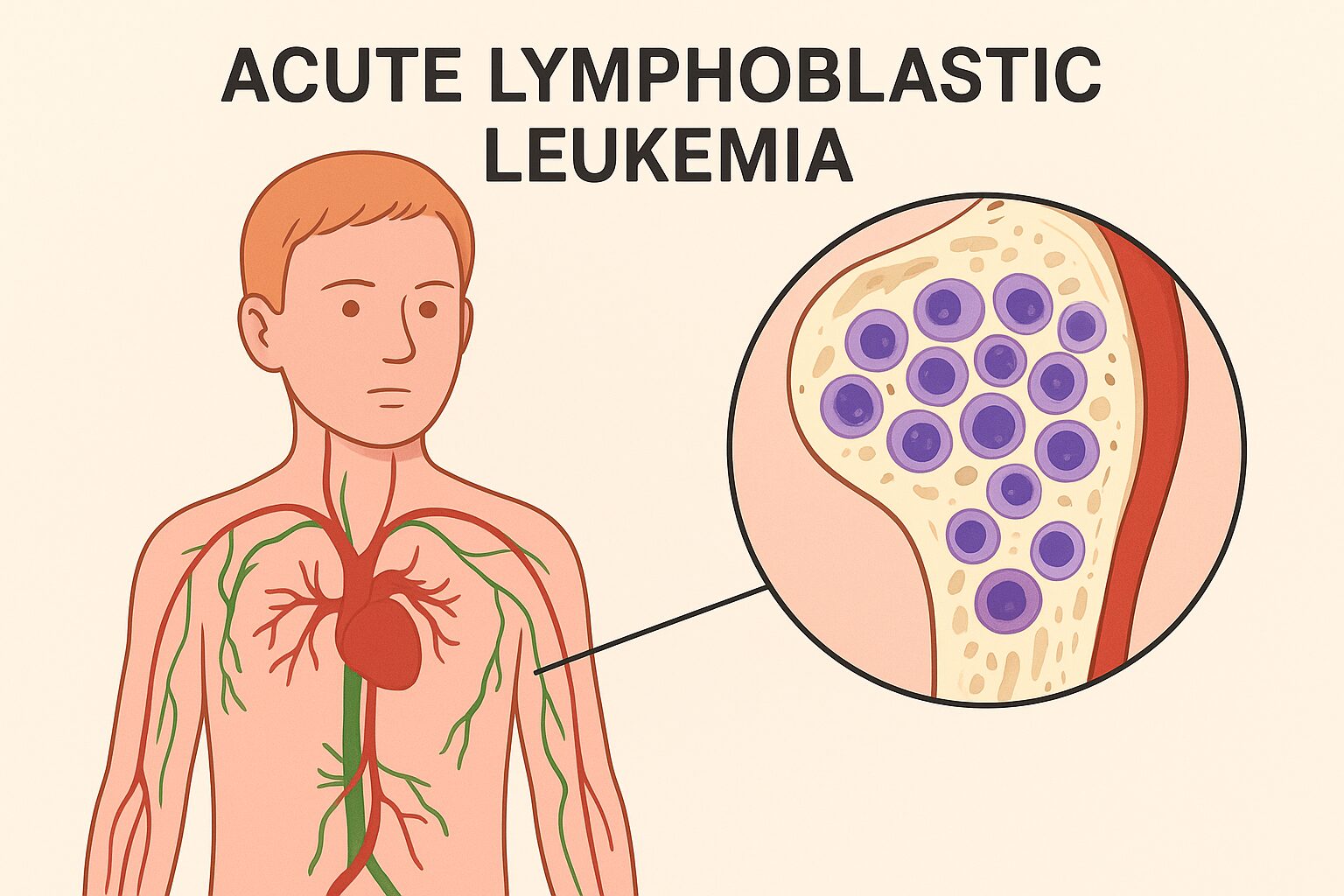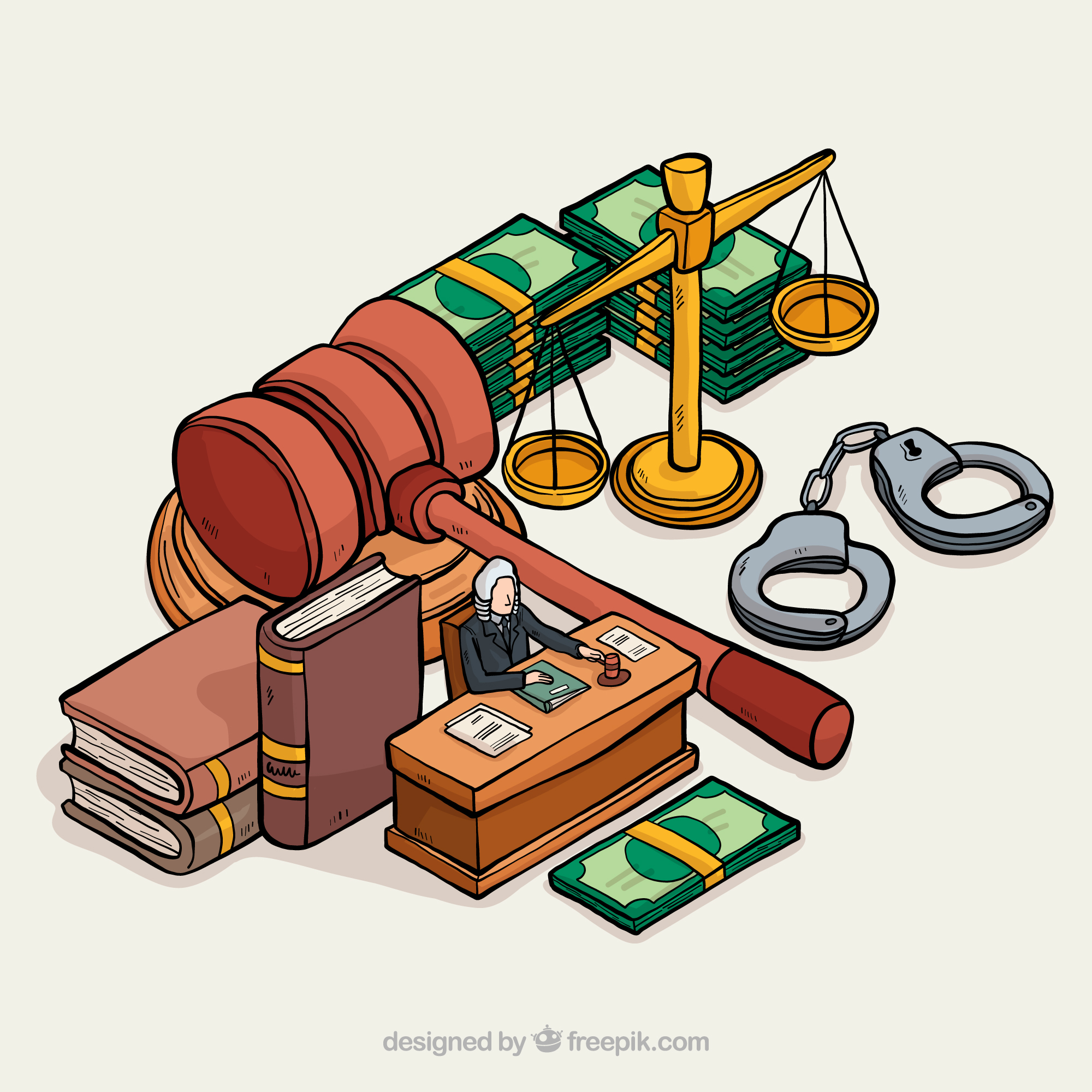Introduction
India’s quasi-federal structure requires not just Centre-State cooperation but also harmonious inter-state relations for smooth governance. The Constitution provides mechanisms to resolve disputes and promote coordination among states through provisions on water disputes (Article 262), inter-state councils (Article 263), judicial recognition (Article 261), and trade & commerce (Articles 301-307). Additionally, Zonal Councils facilitate regional cooperation, ensuring national unity while respecting state autonomy.
Inter-State Water Disputes
1. Article 262 – Adjudication of Inter-State Water Disputes
- Empowers Parliament to legislate on resolving disputes related to use, distribution, and control of inter-state rivers.
- Empowers Parliament to bar the Supreme Court and other courts from adjudicating disputes referred to a tribunal under Article 262(2), though the Supreme Court retains supervisory jurisdiction to ensure tribunal awards are implemented or to address constitutional questions (e.g., Cauvery dispute, 2018).
2. Laws Enacted Under Article 262
- River Boards Act, 1956 – Provides for river boards to regulate and develop inter-state rivers, established by the Centre on state request.
- Inter-State Water Disputes Act, 1956 – Empowers the Centre to set up tribunals for water disputes; decisions are final and binding.
3. Inter-State Water Dispute Tribunals (ISWDTs)
- Formed when negotiations fail between states.
- Decisions are binding, and courts cannot review them.
- So far 9 water disputes Tribunals have been constituted to adjudicate inter-State River water disputes out of which 5 Tribunals have adjudicated the water disputes and subsequently these Tribunals have been dissolved.
| SI. No. | Tribunal Name | Year | States Involved |
| 1. | Krishna Water Disputes Tribunal (Dissolved) | 1969 | Maharashtra, Karnataka, Andhra Pradesh |
| 2. | Godavari Water Disputes Tribunal (Dissolved) | 1969 | Maharashtra, Karnataka, Andhra Pradesh, Madhya Pradesh, Odisha |
| 3. | Narmada Water Disputes Tribunal (Dissolved) | 1969 | Rajasthan, Gujarat, Madhya Pradesh, Maharashtra |
| 4. | Ravi and Beas Water Disputes Tribunal | 1986 | Punjab, Haryana, Rajasthan |
| 5. | Cauvery Water Disputes Tribunal (Dissolved) | 1990 | Karnataka, Kerala, Tamil Nadu, Puducherry |
| 6. | Krishna Water Disputes Tribunal-II | 2004 | Maharashtra, Karnataka, Andhra Pradesh |
| 7. | Vansadhara Water Disputes Tribunal (Dissolved) | 2010 | Odisha, Andhra Pradesh |
| 8. | Mahadayi Water Disputes Tribunal | 2010 | Goa, Karnataka, Maharashtra |
| 9. | Mahanadi Water Disputes Tribunal | 2018 | Odisha, Chhattisgarh |
Inter-State Councils
1. Article 263 – Establishment of Inter-State Council
- Empowers the President to establish an Inter-State Council for Centre-State and inter-state coordination when necessary.
- The President defines the duties, organization, and procedure of the Council.
2. Functions of Inter-State Council
As per Article 263, the Council may:
1. Enquire and advice on disputes between states.
2. Investigate and discuss matters of common interest between states or Centre-State.
3. Make recommendations for better coordination of policies and actions.
4. Unlike the Supreme Court (Article 131), which gives binding decisions, the Council’s role is advisory.
3. Councils Established Under Article 263
The President has set up the following council
- Central Council of Health and Family Welfare
- Central Council of Local Government
- Four Regional Sales Tax Councils for Northern, Eastern, Western, and Southern zones
4. Establishment of the Permanent Inter-State Council (1990)
- Sarkaria Commission (1983–88) recommended a permanent Inter-State Council, renamed as Intergovernmental Council.
- Based on this, the V. P. Singh government (1990) established the Inter-State Council.
5. Composition of the Inter-State Council
- Chairman: Prime Minister
- Members:
o Chief Ministers of all States
o Chief Ministers of Union Territories with legislatures
o Administrators of Union Territories without legislatures
o Governors of States under President’s Rule
o Six Union Cabinet Ministers (including the Home Minister) nominated by the PM
o Five Ministers of Cabinet rank/Ministers of State (Independent Charge) as permanent invitees
6. Role & Function
- Advisory body on inter-state, Centre-State, and Centre-UT relations.
- Discusses common issues between Centre and states.
- Recommends policy coordination between Centre and states.
- Deliberates on general matters of interest referred by the PM.
- Meets at least thrice a year, with in-camera sessions and decisions made by consensus.
7. Standing Committee of the Inter-State Council (1996)
- Formed for continuous consultation and processing of issues.
- Chairman: Union Home Minister
- Members:
o Five Union Cabinet Ministers
o Nine Chief Ministers
8. Inter-State Council Secretariat (1991)
- Assists the Council in its functions.
- Since 2011, it also serves as the Zonal Councils Secretariat.
Public Acts, Records, and Judicial Proceedings
1. Full Faith and Credit Clause
To ensure uniform recognition of laws, records, and judicial decisions across states, the Constitution provides the “Full Faith and Credit” clause.
2. Key Provisions
(i) Recognition of Public Acts, Records, and Judicial Proceedings
- Public Acts: Includes legislative and executive acts of the Centre and States.
- Public Records: Official books, registers, and records maintained by public servants.
- Judicial Proceedings: Decisions and orders passed by courts.
(ii) Parliament’s Authority
- Parliament has the power to prescribe the manner and conditions under which these acts, records, and proceedings will be recognized across states.
(iii) Execution of Civil Court Judgments
- Final judgments and orders of civil courts are executable anywhere in India without requiring a fresh suit.
- This applies only to civil cases, not criminal cases—states are not bound to enforce the penal laws of another state.
Inter-State Trade and Commerce (Articles 301–307, Part XIII)
1.Freedom of Trade, Commerce, and Intercourse Article 301
- Ensures free trade, commerce, and intercourse across India.
- Eliminates border barriers and creates a unified national market for seamless economic activities.
- Applies to both inter-state and intra-state trade.
- Any restriction at any stage (before, during, or after transit) that hampers free trade violates Article 301.
2. Restrictions on Free Trade (Articles 302–305)
(i) Parliament’s Power (Article 302
- Parliament can impose restrictions on trade between or within states in public interest.
- However, it cannot favour or discriminate between states, except during scarcity of goods.
(ii) State Legislature’s Power (Article 304(b))
- States can impose reasonable restrictions on trade in public interest, but require the President’s prior approval.
- States cannot favour or discriminate against any other state.
(iii) Taxation on Imported Goods (Article 304(a))
- States can tax goods imported from other states, but the tax must be equal to that imposed on similar local goods (to prevent discrimination).
(iv) State Monopolies & Nationalization (Article 305)
- Parliament or state legislatures can create monopolies in specific sectors, restricting private participation.
3. Regulatory Authority (Article 307)
- Parliament can establish an authority to oversee trade and commerce regulations.
- However, no such authority has been created so far.
Zonal Councils
- Statutory bodies, established under the States Reorganisation Act, 1956.
- Divided India into five zones for better coordination:
o Northern, Central, Eastern, Western, Southern
- Aim: Inter-state and Centre-state cooperation, resolving regional issues.
Composition
- Chairman: Union Home Minister (common for all councils).
- Vice-Chairman: One Chief Minister (rotational, 1-year term).
- Members:
o Chief Ministers of all states in the zone.
o Two ministers from each state in the zone.
o Administrators of Union Territories in the zone.
Advisory (Non-voting) Members:
o NITI Aayog nominee (earlier Planning Commission).
o Chief Secretaries of states in the zone.
o Development Commissioners of states.
Functions & Objectives
- Strengthen national integration and reduce regionalism.
- Resolve inter-state disputes (border, transport, linguistic, economic).
- Facilitate economic & social planning among states.
- Ensure coordinated execution of major development projects.
- Promote uniform policies through Centre-State cooperation.
- Prevent extreme state-consciousness, linguistic bias, and separatist tendencies.
North-Eastern Council (NEC)
- Formed under the North-Eastern Council Act, 1971.
- Members: Assam, Manipur, Mizoram, Arunachal Pradesh, Nagaland, Meghalaya, Tripura, Sikkim.
- Additional Functions:
o Unified regional planning for economic and social development.
o Security & public order review across North-Eastern states.
- Nature: Deliberative and advisory, recommendations are not binding.
Zonal Councils at a Glance
| Zonal Council | Member States/UTs | Headquarters |
| Northern Zonal Council | Himachal Pradesh, Haryana, Punjab, Rajasthan, Delhi, Chandigarh, Jammu & Kashmir, Ladakh | New Delhi |
| Central Zonal Council | Uttar Pradesh, Uttarakhand, Chhattisgarh, Madhya Pradesh | Prayagraj |
| Eastern Zonal Council | Bihar, Jharkhand, West Bengal, Odisha | Kolkata |
| Western Zonal Council | Member States/UTs: Gujarat, Maharashtra, Goa, Dadra & Nagar Haveli and Daman & Diu (merged into a single Union Territory in January 2020). | Mumbai |
| Southern Zonal Council | Andhra Pradesh, Telangana, Karnataka, Tamil Nadu, Kerala, Puducherry | Chennai |



